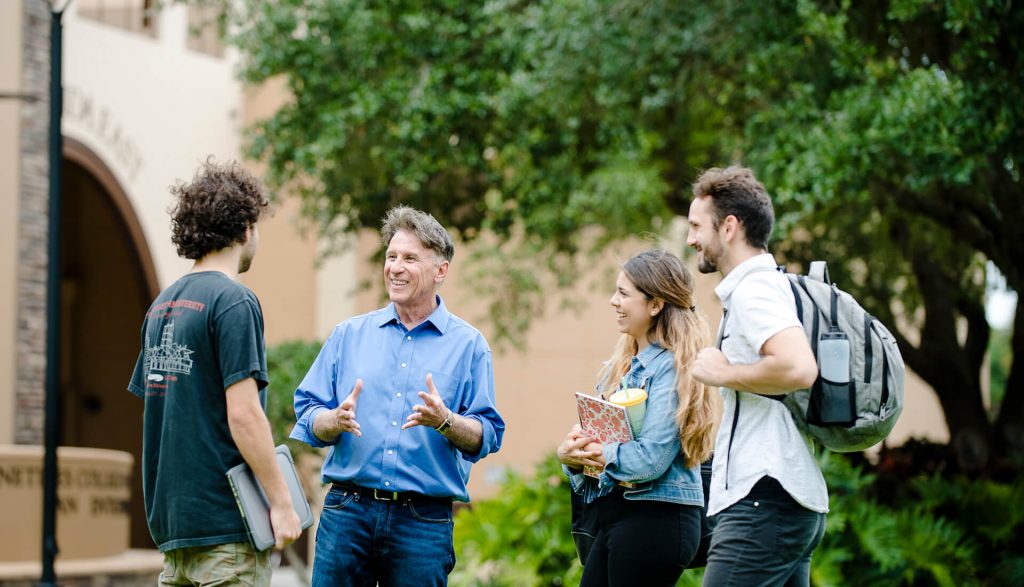Menu
- About
Learn more about ������
- ������s
Pursue your passion with one of our 100+ degree programs.
- Admission
- Student Life
Discover why students love the ������ experience.
- Apply
Learn more about ������
Pursue your passion with one of our 100+ degree programs.
Discover why students love the ������ experience.
Learn more about ������
Pursue your passion with one of our 100+ degree programs.
Discover why students love the ������ experience.
��Ů����s ��»�� Foundational Core
One of the most important components of the college experience is finding the path for your future. Whether or not you enter college knowing your intended major, during your time at ��Ů���� you will grow and evolve in your knowledge of yourself, your faith, your goals — and ultimately the calling that God has placed on your life.
The completely revamped ��Ů���� Foundational Core Experience aligns with ��Ů����’s strategic plan and reflects our commitment to Christian worldview formation, degree acceleration, and innovative pathways to degree completion.��This new approach will help you explore your calling, feel more confident in your choice of major, and ultimately set you up for a high level of success after graduation.
Visit the Divine Design Resource Center page for additional details.
Foundational
Core
34 credit hours
Major
Core
32–45 credit hours
Divine
Design
38–45 credit hours
��Ů���� equips you to discover and develop your divine design to serve Christ and the world through Spirit-empowered life, learning, and leadership.��That’s why our degrees offer you a Christian worldview and positive problem solving habits — all designed to prepare you to be solutions to problems in today’s world.
������ degrees are consistent in purpose, yet flexible in delivery and adaptable to any context or learning format.��Through this innovative approach to learning, all ������ undergraduate degrees (including those based on our Lakeland campus, online, and at partner sites) now encompass 3 main categories of learning: Foundational Core, Major Core, and Divine Design.
These courses build foundations for:
In addition to teaching the ideas of each discipline, the courses that comprise each major are:��
We believe that each student is a unique expression of God’s calling and design, so ��Ů���� degrees are as customizable and personal as you are. Our degrees leave room for discernment under the guidance of faculty and staff advisors, who will work with you as mentors and spiritual directors.��
Visit the Divine Design Resource Center here.��
Students will work with their mentor(s) to enhance their learning by choosing among:��
* All ��Ů���� students are invited to earn experiential learning credit in addition to any major-specific requirements. This credit can be earned through campus employment, student leadership roles, ministry practice, or other areas of professional skill. Credits can be applied almost anywhere you’re learning and growing (prior approval from your faculty and/or academic advisor is required).
The number of required credit hours in these categories varies by major; some may have a higher number of Major Core hours and less in Divine Design. Please review the degrees audits available in theto confirm the requirements for your program of study.
Students taking courses online/at an ������ partner site outside of the State of Florida may be subject to additional Foundational Core requirements for degree completion. State-specific requirements are specified in the . Your academic advisor is available to help you integrate these additional courses into your plan.
Each component of the Foundational Core was created to help each student achieve specific Program Learning Outcomes.

You will learn to articulate biblically-based statement of identity that is Christ-centered as it relates to living a spirit-empowered life and serving the world.
To foster lifelong learning and problem-solving, you’ll learn these habits:
��

This course is an academic introduction to the ��Ů���� community and the��varied resources available focusing on whole-person success. The course focuses on the��college experience, belonging, personal and community awareness, successfully navigating life transitions. Students will introspectively and collaboratively discover how to live and work��according to God’s call on their life.
This course prepares students for success in professional, academic, and social settings through leadership development aligned to whole person self-actualization. Through this course, students will explore their Divine Design and the career most aligned to their unique giftings outlining a clear path to personal and professional success. The course will focus on career readiness concepts through an exploration of critical analysis of spirituality and society, modes of inquiry through a deep dive of paths of study at ������, and real-world problems.
The Worldview and Complex Problems Seminar brings Christian worldview and modes of inquiry to bear on a contemporary problem in the world today. Offered topically, students will practice intellectual flexibility for application at the university and beyond. Students will engage in thought leadership and public discourse as they work together in approaching today’s toughest issues from a Christian worldview using modes of inquiry offered through the disciplines of math, science, rhetoric, history, art, culture, social sciences, and theology.
Professional communication introduces students to communication found in real-world settings with an emphasis on clarity, organization, format, language, and audience, for both written and oral assignments.
A course designed to develop the foundation for the scientific literacy necessary to understand technology’s role in modern society. Basic scientific concepts underlying matter, energy, life and systems are introduced, and students engage in development of reasoning and problem-solving skills associated with scientific issues. The course is an introduction with applications to environmental science, human biology and health, physical and chemical principles, energy, earth science, and systems. Using an integration approach of the natural sciences allows the student to employ an understanding of science, technology and some current health problem areas in order to appraise alternative futures. Case studies and/or individual student projects will be used.
This is an introductory course to photography. Students learn how to properly compose, light, and focus on various subjects. Topics include digital photography techniques, photojournalism, photography ethics, as well as portrait, landscape, and event photography.
HIST 2133 — Critical Issues in World History
HIST 2123 — Critical Issues in American History
Bridge the gap between past and present. Become equipped with the knowledge and skills needed to interpret pressing political, social, and cultural issues of the past and present. The study of history is, at its heart, about understanding past voices, and the nuanced and often very foreign worldviews that gave meaning to the experiences and beliefs of people in past cultures. In turn, this helps us to understand the modern voices of our own time, and aids us in the interpretation of current events, such as global health and disease, social relations, and problems of racial prejudice and intolerance.
At ������, we are committed to making education accessible and affordable for all students.

��Ů���� now offers free or low-cost textbooks for Foundational Core classes which helps to reduce our students’ educational expenses. With the average textbook costing approximately $105, this initiative helps ease financial stress, allowing students to focus more on their studies and personal growth and less on finances.
By providing affordable course materials, ������ supports a more equitable learning environment in alignment with our mission of Spirit-empowered education in a Christ-centered, student-focused community.